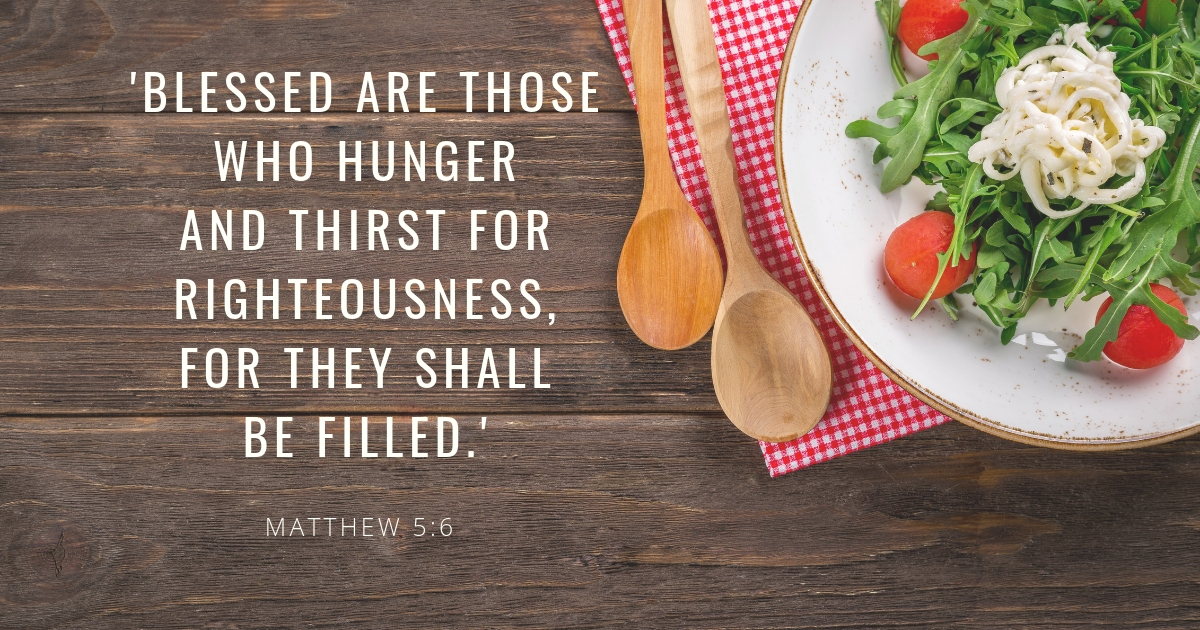In the Gospel of Luke, the blessing extended by this Beatitude is offered to the appetites of the body. “Blessed are you who hunger now, for you will be satisfied.” Yet the author of Matthew deliberately deepens and extends the intention of Christ’s blessing. He suggests that it is given to those who hunger for righteousness.
What does that word, righteousness, even mean to us? What are we yearning for, if we desire righteousness?
In simple terms, it means right relationship. We use the language of longing for God, if we are Christians. We might reach for other ethical expressions, if we don’t come from this faith tradition. Such a desire for a bond with the sacred — to relate to something or someone beyond ourselves — seems intrinsic to humanity: we were created to be connected.
Relationships are essential to humans. Our brains are wired that way, our communities are shaped that way.
Of course, just because Matthew points us toward the spiritual aspect of our longing, doesn’t overlook bodily needs During his life, Jesus first addressed the most immediate physical requirements of people in his company: food and drink, healing and respite. Only then did he teach and preach, offering a different sort of satisfaction that sated and quenched the soul, too.
We, in turn, are tasked to meet the fundamental needs of our brothers and sisters in this world. It’s an ethical imperative taught and practiced among all faith traditions: care for those who are vulnerable.
We should pay attention to this category. If those who are hungry in their bellies are vulnerable, then those of us who long for righteousness are also vulnerable. In our longing, we sometimes turn to other forms of comfort or fulfillment. We feed cravings and appetites in dangerous or destructive ways rather than healthy ones.
Constantly, God calls us away from habits, passions, hungers and thirsts that interrupt our holy relationship with Godself. Christ is known, to us, as the Bread of Life. As humans, we’re forever re-committing ourselves to our holy and holistic connection to God, then breaking the promise, straying away or even turning completely aside, only to find ourselves once more in a place of need and hunger.
Did you know that repent means to turn in a new direction? During Lent, we repent. This season, repenting turns us — or returns us — to a holistic connection with Love, meeting the needs of body, mind, and spirit. — Rev Gail
The danger is not lest the soul should doubt whether there is any bread, but lest, by a lie, it should persuade itself that it is not hungry. — Simone Weil
It has been well said that a hungry man is more interested in four sandwiches than four freedoms. — Henry Cabot Lodge, Jr.
There are people in the world so hungry, that God cannot appear to them except in the form of bread. — Mahatma Gandhi
We all have a hungry heart, and one of the things we hunger for is happiness. So as much as I possibly could, I stayed where I was happy. — Mary Oliver
Challenge or Question: What are the appetites in your life? Which ones are unhealthy or out of control? Which ones do you want to adjust for greater wellbeing?

